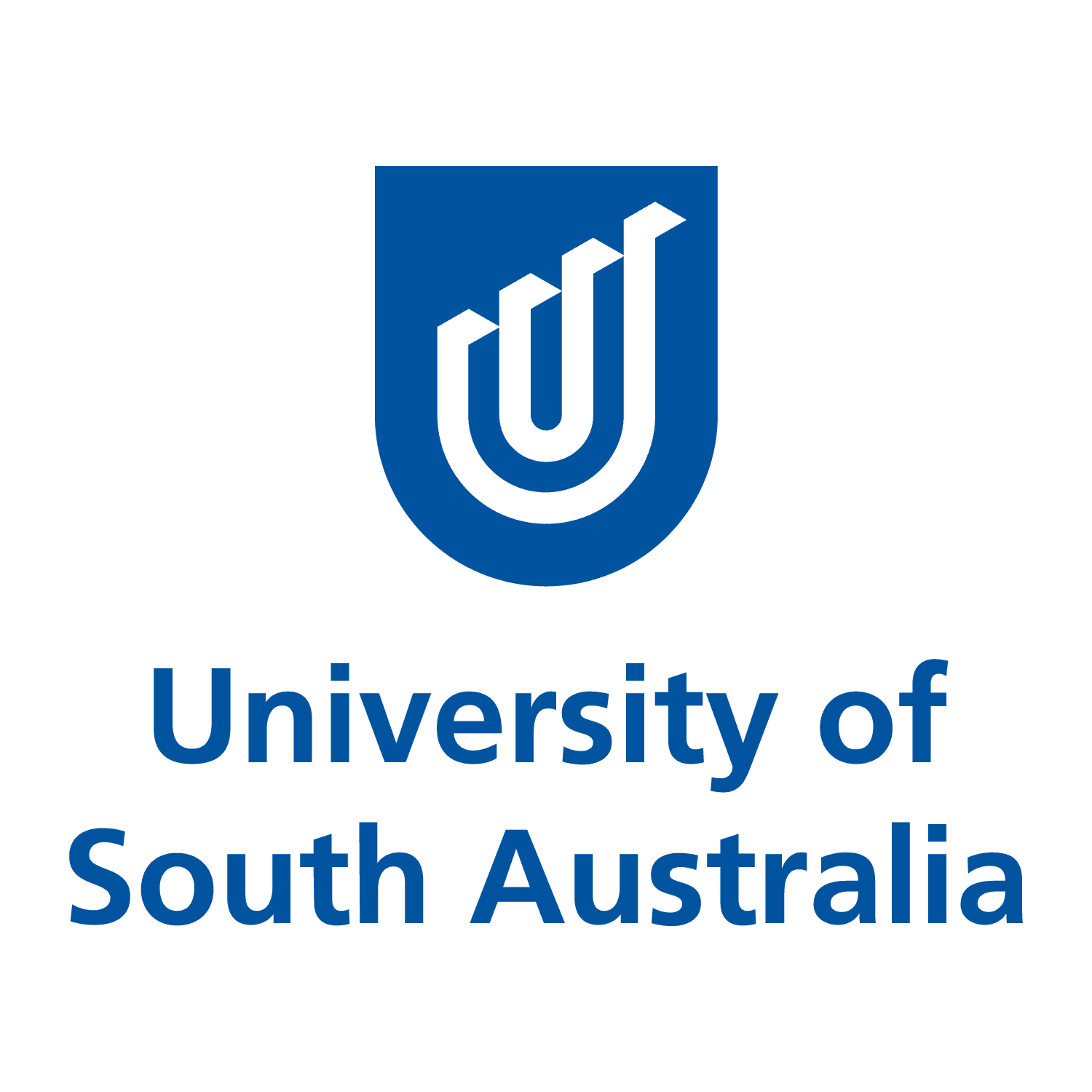This Fast-track to Masters program allows you to fast-track your career by completing an undergraduate and postgraduate degree in just four years. You will be able to diversify your skill set, increase your earning potential with a more advanced qualification.

This Fast-track to Masters program allows you to fast-track your career by completing an undergraduate and postgraduate degree in just four years. You will be able to diversify your skill set, increase your earning potential with a more advanced qualification, and expand your career opportunities across a range of fields.
Develop an in-depth understanding of the global business environment focusing on currency markets, exchange and global trade, and how they operate worldwide.
You will gain a unique blend of analytical, conceptual and strategic problem-solving skills for a range of industry sectors, and have the chance to learn in our state-of-the-art Iress Trading Room on campus.
With a Master of Finance you will be equipped to manage the challenges of the fast-developing global finance industry.
This degree has a strong focus on experience-based learning. You will have access to practical-based courses which use simulated financial markets in the Finance Trading Room to enhance your learning and engage in real world practical tasks in specialised fields in Finance.
You can also choose to enhance your business consulting skills and experience through a professional business placement in Australia or overseas.
You will also benefit from experience-based learning opportunities, including overseas study and business mentoring. Our summer and winter schools also offer exciting study and learning opportunities.
Degree Overview:
What You'll Learn:
Career Outcomes:
The University of South Australia is Australia’s University of Enterprise. Our culture of innovation is anchored around global and national links to academic, research and industry partners. Our graduates are the new urban professionals, global citizens at ease with the world and ready to create and respond to change.
Our research is inventive and adventurous and we create new knowledge that is central to global economic and social prosperity.
Who we are
We are Australia’s University of Enterprise on the global stage, agile and astute, known for relevance, equity and excellence.
What we do
We educate and prepare global learners from all backgrounds, instilling professional skills and knowledge and the capacity and drive for life-long learning.
We undertake research that is inspired by global challenges and opportunities, delivers economic and social benefits and which informs our teaching.
How we do it
We operate through a partnered, end user informed culture of teaching and research with a commitment to outstanding service, continuous improvement and sustainability.
What we value
Integrity and accountability
Diversity and social justice
Engagement and collaboration
Agility and innovation
Scholarship and excellence
© 2025 coursetakers.com All Rights Reserved. Terms and Conditions of use | Privacy Policy